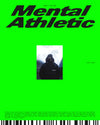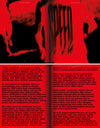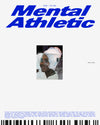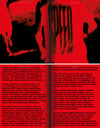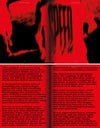Cross country isn’t for the faint of heart. It’s raw, unfiltered, and unforgiving. It strips away pretense, leaving only the runner and the terrain—cold winds biting, mud clinging to every step, and the occasional fleeting joy of finding rhythm in the chaos. Graham Smith knows this world well. His photography captures not just the sport but the symphony of struggle and beauty that defines it.
We came across the phrase "Freddo, Fango, Felicità" on a banner at a XC race, and it instantly felt like ours. It perfectly encapsulates the ethos of cross country. It’s not just about winning or losing but about embracing the elements and finding joy in what most would consider misery.


